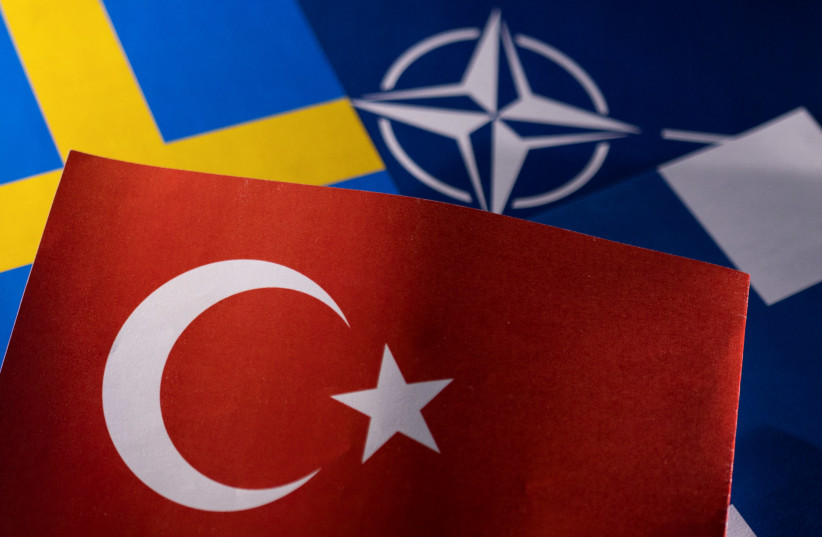The reality of possible shortages in European gas reserves raises the fear of disorder in the supply lines of the Norwegian gas rigs located far from the country’s coasts and under less cover by the naval forces. There is growing concern over the security of the vulnerable supply lines of the Norwegian gas rigs, some of which are located more than 120 km. from the coast and are now in danger of significant damage. After the government’s commitment in Oslo to increase supplies to Germany and other countries, Europe is depending on these gas supplies in the coming months.
This concern increases against the backdrop of the rising level of tension between the Nordic countries and Russia. The pipeline explosions in Nord Stream 1 and 2 in September led Sweden and Denmark to open separate investigations into the source of the explosions. The results of these investigations may likely exacerbate that tension. Furthermore, Norway recently exposed a case of Russian espionage after it arrested a Russian spy under academic cover who had joined a local research group examining security threats in the Arctic. It appears from recent events that the Nordic countries are on an increasingly dangerous footing with Russia which, traditionally, they have tried to avoid.
Sweden and Finland's pending membership of joining NATO
Pending approval of the NATO board, Sweden and Finland are in the process of joining NATO. Their membership is expected to affect the maritime balance in the Baltic Sea and NATO’s northern flank. Becoming members of NATO will signal a change from their national policy approaches. They will be expected to secure their lines of communication located in the Baltic Sea area and border areas. Already in 2015, a Finnish company began a broad project to connect Europe and Asia with a submarine fiber optic cable on the seabed along the Northern Sea Route (NSR). The initiative was led by the Finnish Ministry of Transport and Communications and implemented by a Finnish fiber infrastructure operator. As of August 2021, the project was well underway with the deployment of more than 400 km of submarine cable. Given the size and complexity of this project, a large part of the cable system was provided exclusively by Russian suppliers and equipment manufacturers. The role of submarine cables has recently made headlines after being damaged in secretive practices.
Even before the country decided to join NATO, the head of Finland’s security services warned about the hazards to Finland’s security and about the intrusion of foreign powers into its intelligence services. Finnish security services are also concerned about possible breaches of the political circle, including that of the Finnish prime minister who is considered more ‘vulnerable’ because of her different approach to the standards of Finnish leadership and her conduct as the first minister.

Although the Finns have been known for a coordinated security policy with the Russians since the days of the Cold War, they understand the consequences of joining NATO. Already they have allowed Swedish commanders to lead forces in Finnish territory as deeper coordination develops between the defense ministers of the two states. Like Sweden and Norway, Finland is afraid of violations into its airspace that has already begun. The Russians are expected to increase their air presence and to conduct simulation exercises against strategic targets.
Over the specific threats of airspace violations hovers the general threat to energy facilities and infrastructure. The Finns and Swedes are well aware of these threats and will be expected to provide patrols along the borders as well as extensive intelligence coverage. Because the Nord Stream pipeline passes near the Danish island of Bornholm, Denmark will be expected to increase the presence of its navy and air patrols. In addition, Denmark is actively concerned about the use of communication infrastructures for intelligence purposes.
All such maneuvers will increase the presence of NATO forces in the Baltic and North Sea regions. With winter approaching, the main concern is focused on the preservation of the Norwegian gas lines to Europe. However, the safeguarding of the communication lines and the growing presence of military forces in the region have the potential to lead to a gradual but perilous escalation in the region.
Dr. Nir Levitan is a research fellow at the Europa Institute at Bar-Ilan University and a research affiliate at the Center for Cold War Studies at the University of Southern Denmark.
